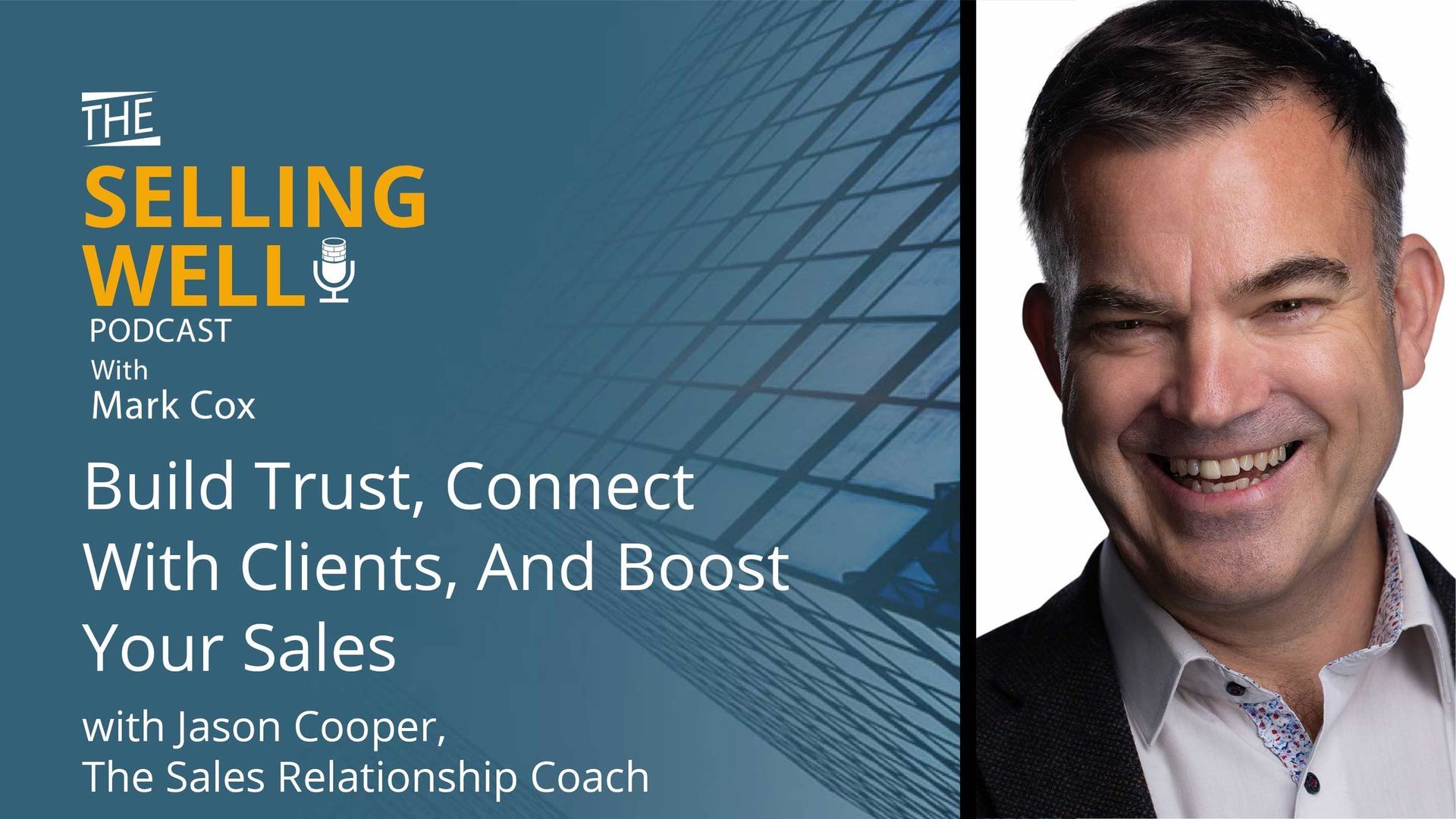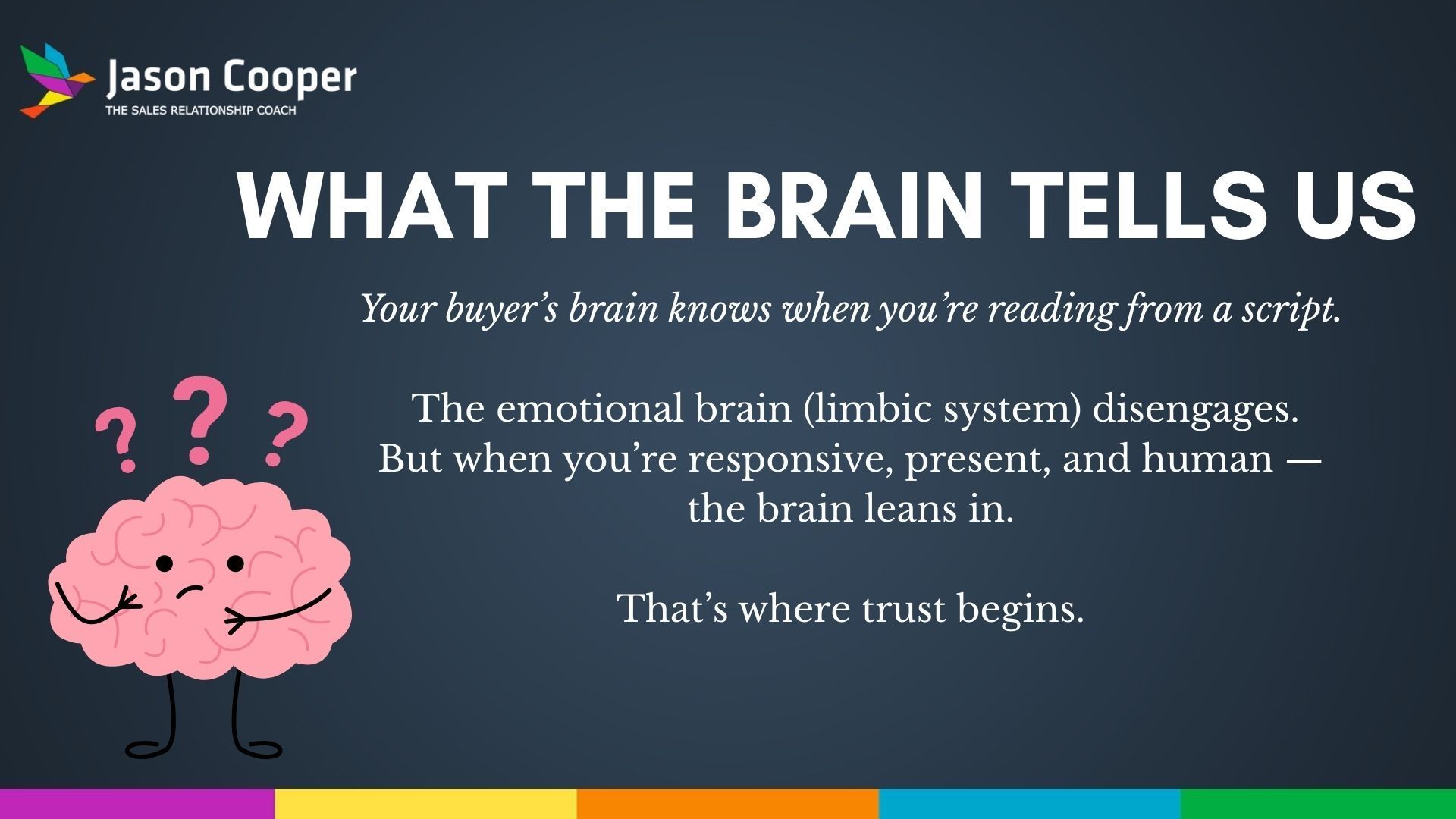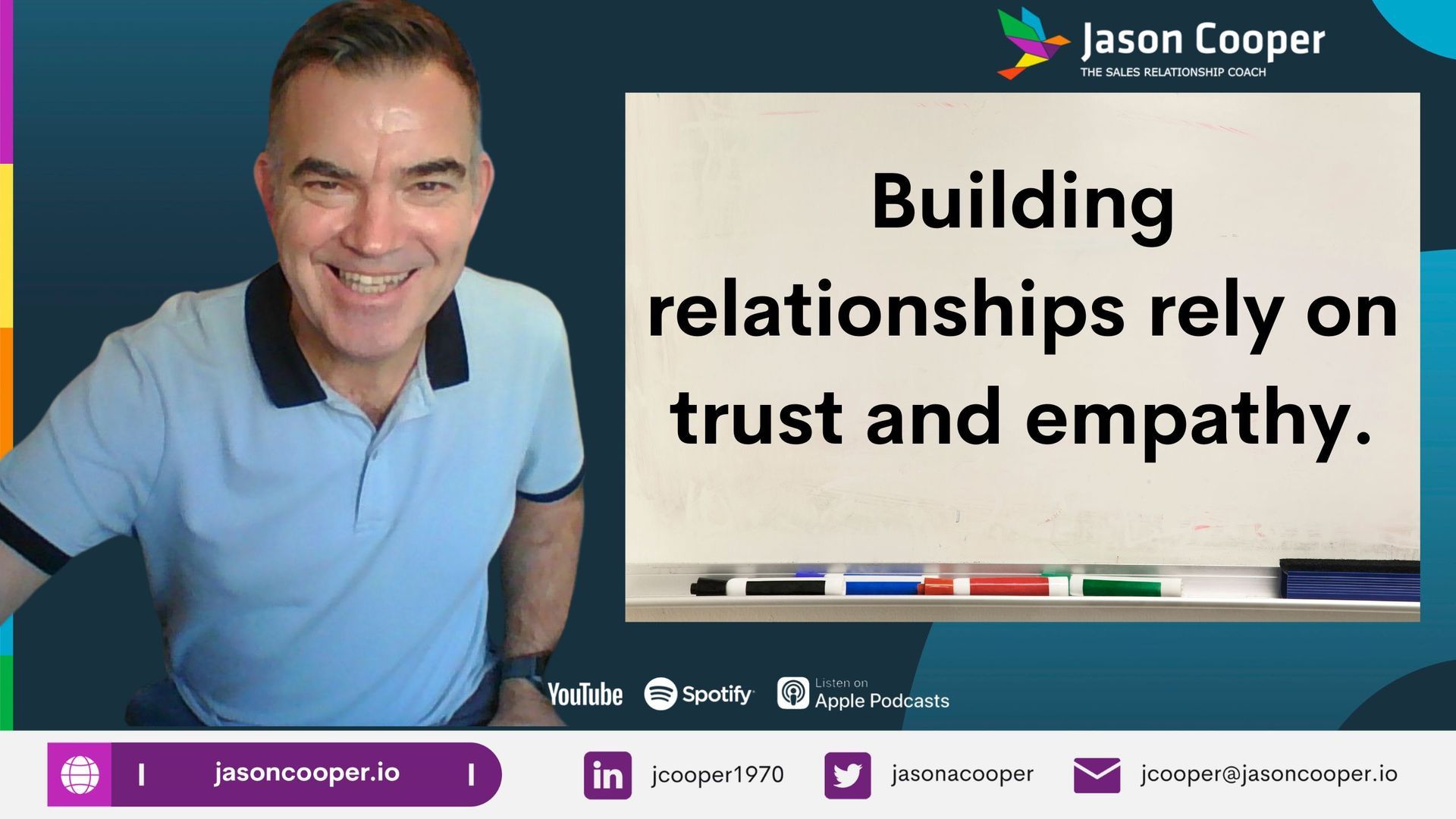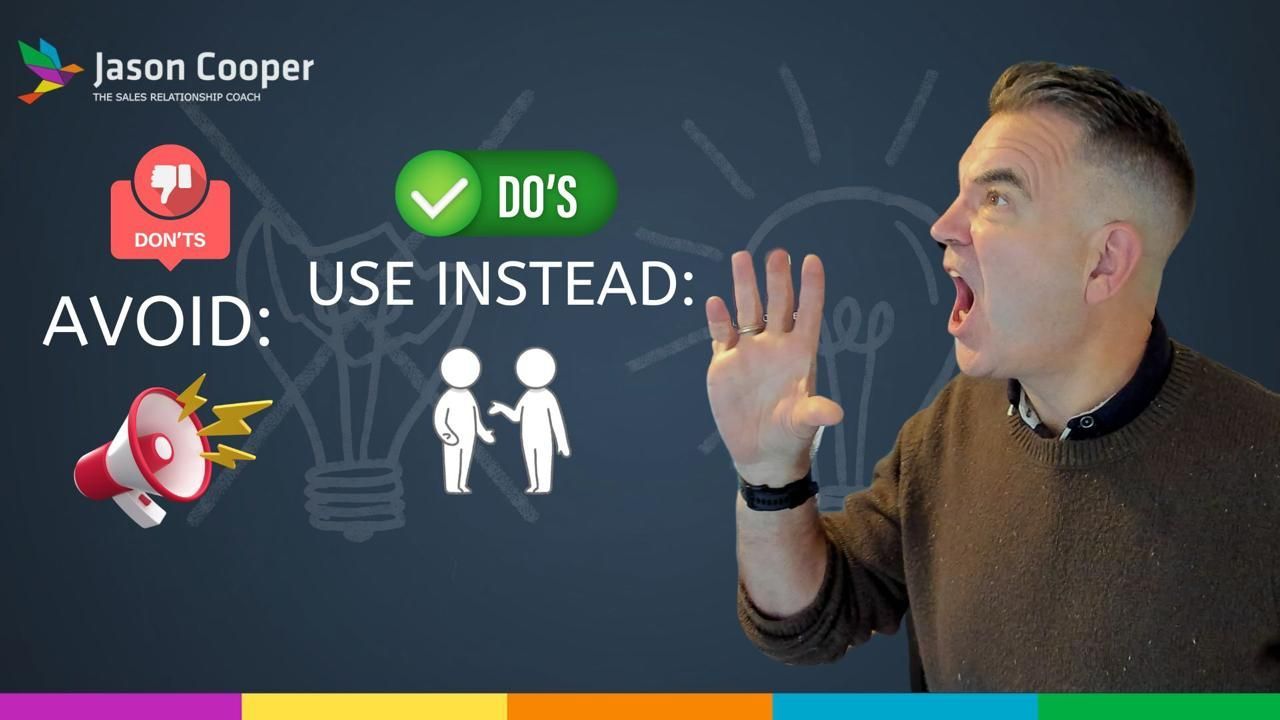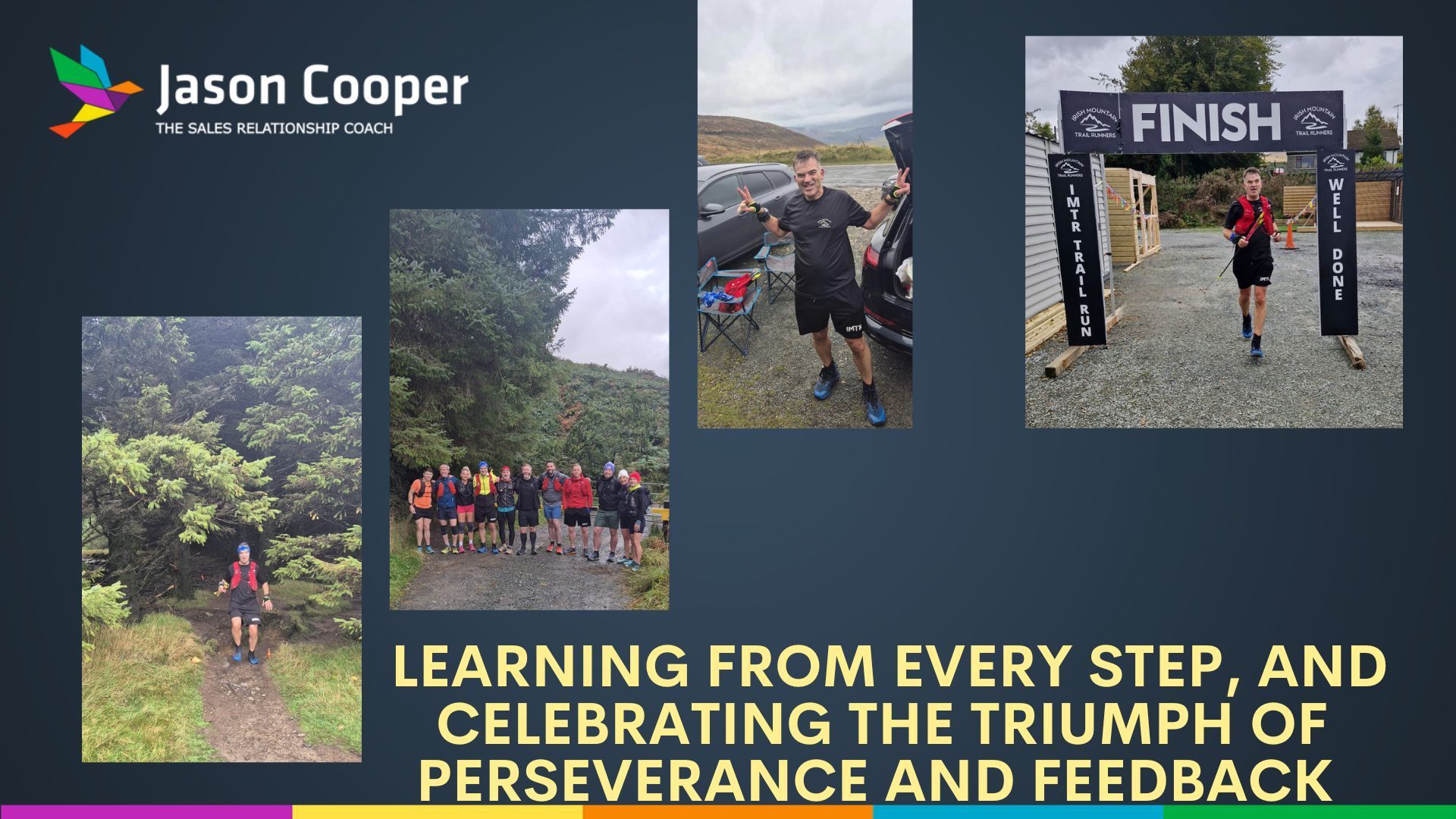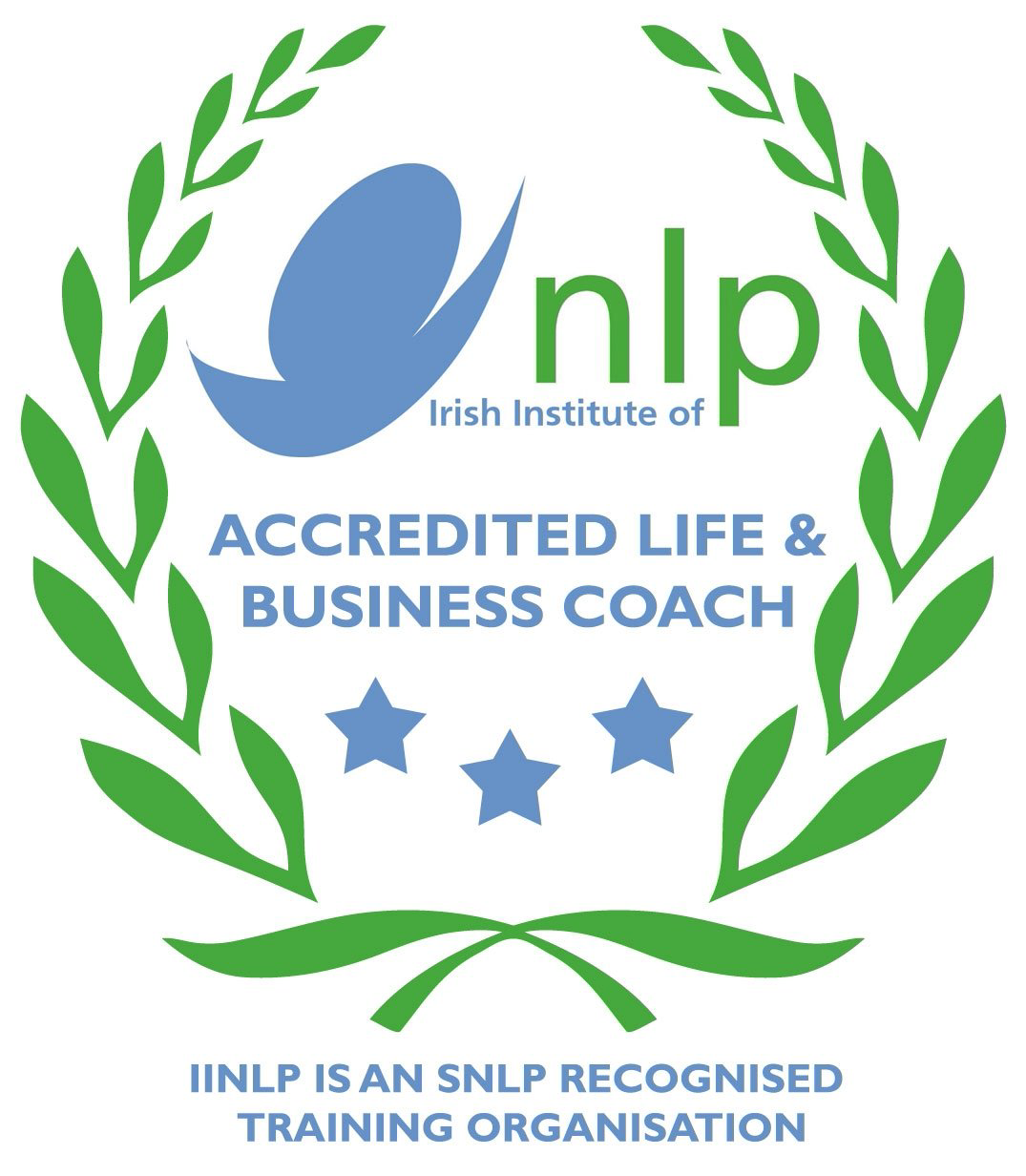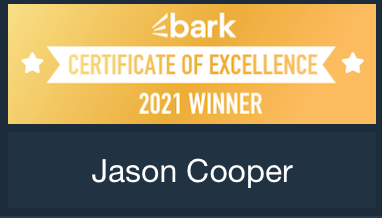Maximizing the ROI of Sales Training: A Guide for Sales Trainers and Consultants
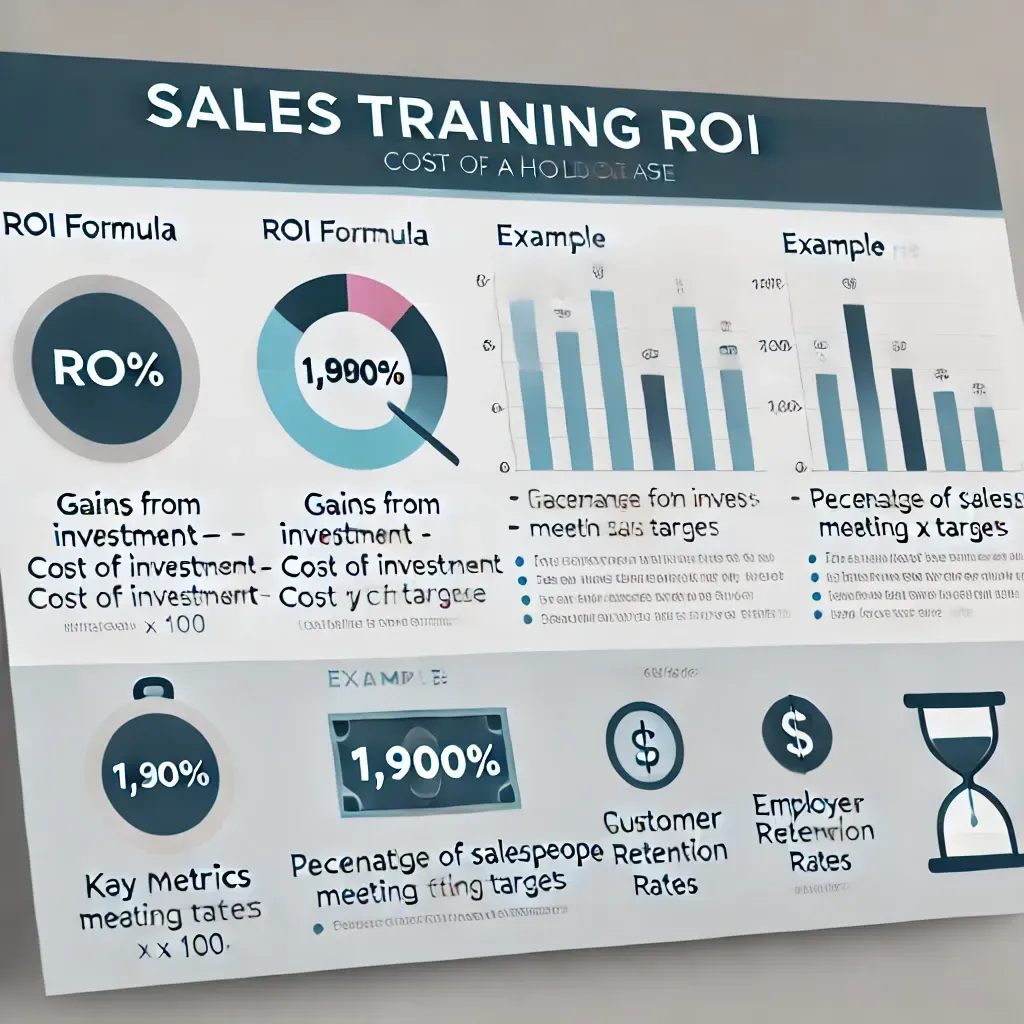
The body When delivering sales training, it’s not just about providing knowledge and skills. To ensure long-term impact and value for the organization, we need to measure the ROI of these programs accurately.
But calculating ROI can be complex, especially when you’re an external sales consultant or trainer. Enforcing the right processes and methodologies and tracking impact from a third-party perspective can make a significant difference. However, true change relies heavily on the organization's commitment to nurturing both intrinsic and extrinsic motivators in their teams to put what they've learned into practice.
For me, a follow-up coaching program with sales managers and team members helps to reinforce learning. It ensures the content sticks and becomes part of everyday practice. Here’s how you can measure and enhance the ROI of your sales training programs, along with a sample ROI calculation.
ROI Formula for Sales Training
The basic formula for calculating ROI is: ROI = (Gains from Investment - Cost of Investment) / Cost of Investment x 100
For sales training, this translates to: ROI = (Increased Revenue from Training - Cost of Training) / Cost of Training x 100
Expected ROI from Sales Training
Research shows that effective sales training can deliver ROI as high as 353%. However, actual ROI varies based on factors such as program design, execution, and how well the learning is integrated into daily practices.
Key Metrics to Measure
To get an accurate picture of the ROI, track the following metrics before and after training:
- Sales Revenue - Compare total revenue pre- and post-training.
- Win Rates - Measure the increase in deals closed.
- Average Deal Size - Track changes in the average deal value.
- Sales Cycle Length - Note any decrease in the time it takes to close deals.
- Salespeople Meeting Targets - Calculate the percentage of team members meeting their targets.
- Customer Retention Rates - Assess whether training improves long-term client relationships.
- Employee Turnover Rates - Lower turnover could indicate that training has improved team satisfaction and engagement.
Example Calculation
To illustrate, let’s look at a sample calculation based on hypothetical data:
- Pre-training Performance: 100 job orders yielding $400,000 in gross profit with a 20% win rate.
- Post-training Performance: 100 job orders yielding $1,400,000 in gross profit with a 70% win rate.
- Training Investment: $50,000.
The calculation would be: ROI = ($1,400,000 - $400,000 - $50,000) / $50,000 x 100 = 1,900% ROI
Steps to Calculate ROI
While every organization may need a tailored approach, a general step-by-step process includes:
- Establish Baseline Metrics - Document key performance indicators (KPIs) before training begins.
- Define Objectives and Targets - Set clear, measurable goals for the training outcomes.
- Calculate Training Costs - Include all expenses such as trainer fees, materials, and time.
- Measure Post-Training Metrics - Track the same KPIs after training.
- Calculate Revenue Gains - Determine the increase in revenue or profit resulting from the training.
- Compute ROI - Subtract costs from gains and divide by the training cost.
The Importance of Measuring ROI
Calculating ROI is crucial because it:
- Justifies Training Investment - Helps organizations see the value of investing in sales training.
- Evaluates Program Effectiveness - Provides insights into what worked and what didn’t.
- Identifies Improvement Areas - Enables trainers to refine and optimize future sessions.
- Supports Data-Driven Decisions - Offers a factual basis for ongoing training investments.
Challenges in Measuring Sales Training ROI
While crucial, calculating ROI isn’t always straightforward. Here are some challenges:
- Attributing Results Solely to Training - Sales performance can be influenced by various factors like market conditions or seasonal demand.
- Determining the Measurement Period - Some training effects are immediate, while others take months to show.
Enhancing the ROI with Follow-Up Coaching
For sustained ROI, post-training follow-up is essential. Coaching sessions with sales managers help reinforce the new methodologies and provide ongoing support. Encouraging managers to coach their teams on applying these techniques fosters continuous improvement and accountability.
In summary, sales training ROI involves careful planning, baseline measurement, and dedicated follow-up.
While the calculation can be complex, by tracking key metrics and providing follow-up support, trainers can help ensure the learning translates into measurable business results, reinforcing the value of effective training.
High Performance Blog

